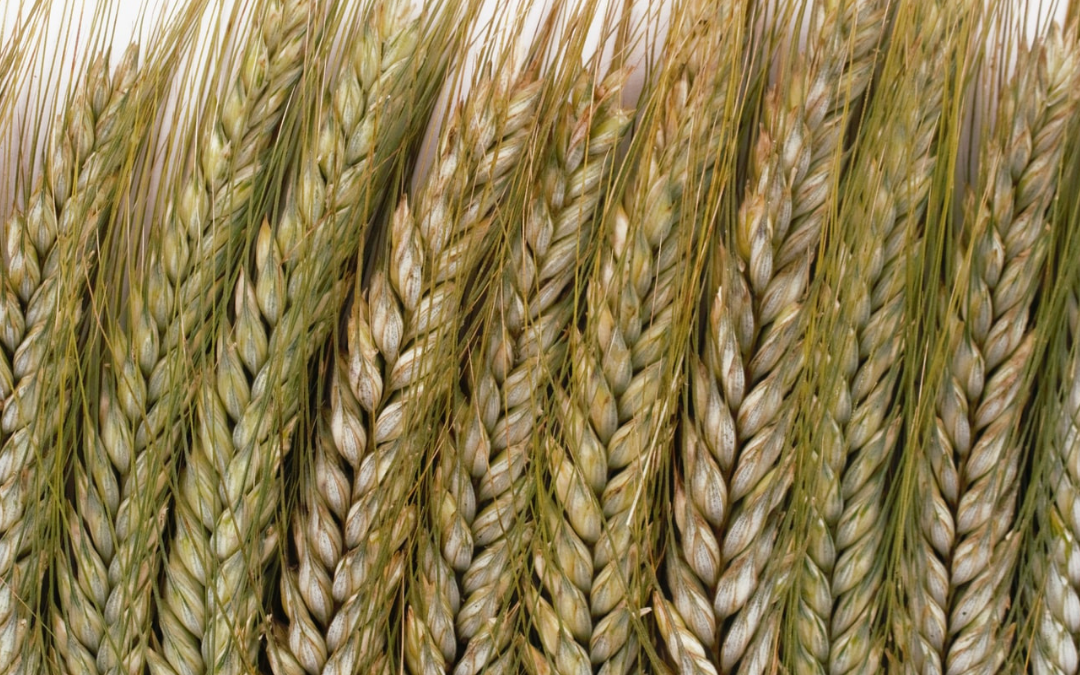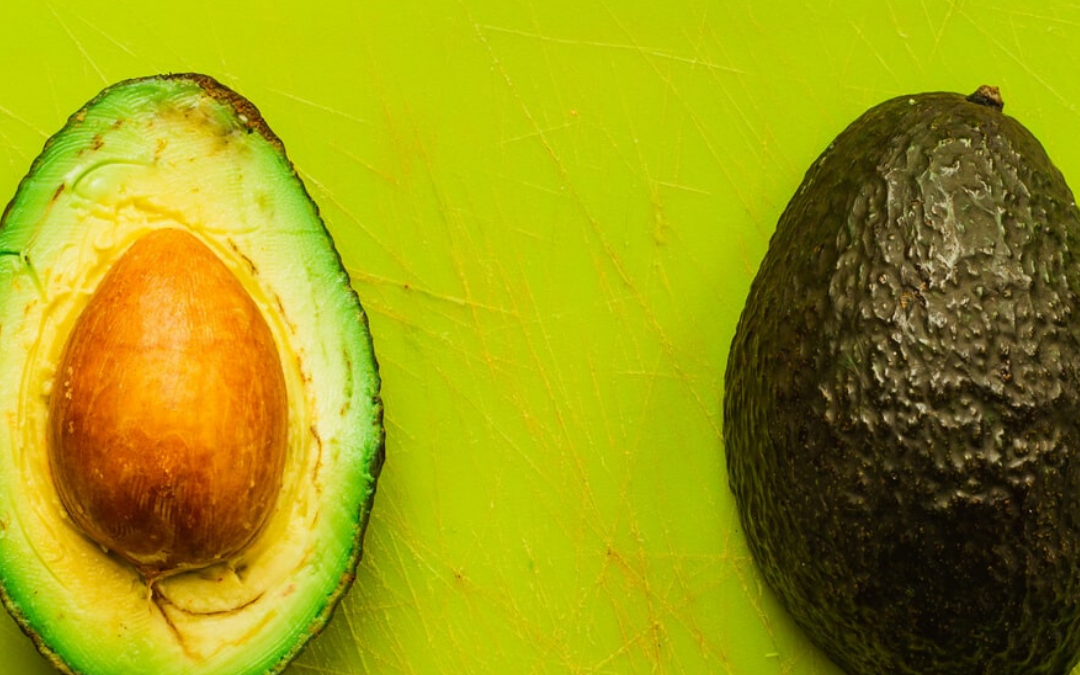
Related Posts

GRAINS: HEALTH FOOD OR POISON?
Related PostsGrains are...

A TURN TOWARD NATURE TO SOLVE THE “PROBLEMS” WITH MEAT
Related PostsWhat’s up...

PASS THE SALT
Related PostsSalt is in...

THE “SAD” AMERICAN DIET
Related Posts What is...

GOOD FAD, BAD FAD
Related PostsI recently...

CAN YOU EAT MEAT AND AVOID HEART DISEASE?
Is eating meat unhealthy?
We’ve all heard it: a vegan diet, which eschews all animal products, is healthy for us, especially when it comes to lowering cholesterol. A new study is making the rounds linking red and processed meat consumption with an increased risk in heart disease. Dietary cholesterol, the only source of which is animal products, has long been erroneously thought to cause high blood cholesterol. But we know now that’s not the case, and cholesterol is no longer restricted in our dietary guidelines.
Cardiologists are increasingly accepting the reality that saturated fats from animal products are not a significant cause of heart disease. We have heard that animal protein causes premature aging, but higher amounts of animal protein in the diet also stimulates muscle growth, which is also important as we age. Today, we’re often told that eating meat is unhealthy for our hearts because it causes elevated TMAO.
TMAO is trimethylamine N-oxide, a chemical made by the liver from foods we eat. Choline and carnitine (two essential nutrients) in meat are converted to TMA by bacteria in the gut and then to TMAO in the liver. TMAO levels are higher in people with heart disease. Because of this correlation, the idea that red meat has no place in a healthy diet persists.
Elevated TMAO: cause or correlation?
People following a vegan diet tend to have less TMAO in their blood, so the implication is that eating red meat causes increased TMAO, which in turn causes heart disease. Thus, red meat causes heart disease.
Elevated TMAO is associated with more coronary artery disease, heart attacks, inflammation, and blood clotting. What isn’t clear is whether TMAO causes these problems, or if elevated TMAO results from heart disease or conditions that go along with it. The difference between cause and association is crucial.
A diet rich in carnitine, an essential amino acid found in meat, seems to alter the microbiome to encourage TMA production. But there is scant evidence that eating red meat has any significant connection to heart disease. Other dietary sources that increase TMAO include fish and eggs, which do not cause heart disease. Eating eggs full of choline actually increases our “good” HDL cholesterol. And fish is widely known as a heart-healthy source of protein and omega-3 fatty acids.
It’s possible to have too low levels of TMAO. Kidney dialysis patients who are low in carnitine have a higher risk of heart disease. Giving carnitine to these patients increases TMAO, but other markers of heart disease, including those indicating inflammation and injury to the blood vessels, decrease. This effect was also shown in a study giving carnitine to healthy women: their TMAO increased, but their inflammation and vascular injury markers fell.
Elevated TMAO in people with heart disease may also be a result of common conditions associated with heart disease: diabetes, hypertension, older age, and kidney problems. But our livers must make TMAO for a purpose.
In fish that live in deep waters, high pressures can damage their proteins, but TMAO seems to protect the proteins from harm. In humans, TMAO may also protect our proteins from damage when pressure increases, as it does with heart disease. TMAO causes diuresis to eliminate excess fluid.
Industrial meat production and environmental factors
Industrial meat production is an environmental, health, and moral abomination, but ethically raised grass fed meat is one of the most nutrient dense foods available. Regenerative agricultural techniques are gaining awareness and popularity as an alternative to the monocrop agriculture that is destroying precious topsoil, polluting oceans, and dependent on petroleum inputs to support crop yields. Meat can be produced ethically and sustainably–and be part of a nutrient-dense diet.
We don’t know if elevated TMAO from eating meat is a cause of heart disease, but we should not jump to the conclusion that red meat should be damned when there are many things that clearly do cause heart disease. Chief among them are inflammatory processes that result from eating processed foods. Diets and lifestyles that result in the accumulation of visceral fat is another. There is increasing evidence that inflammation also comes from metabolic endotoxemia as a result of intestinal permeability (leaky gut). Exposure to environmental toxins and pollution (e.g. mercury, heavy metals, PCBs in our food, water, and air) are increasingly recognized as a contributor to heart disease. Blaming a nutrient-dense food like red meat for the epidemic of heart disease is a distraction from these real and pressing issues. We should be working together to demand healthier sources of whole, unprocessed foods.
And whether you eat meat or not, fill your plate mostly with vegetables. Cruciferous vegetables, like broccoli and Brussels sprouts, are full of essential nutrients and help lower inflammation. Check out our recipe for Brussels sprout hash with white fish.
Read more: A Turn Toward Nature to Solve the “Problems” with Meat
